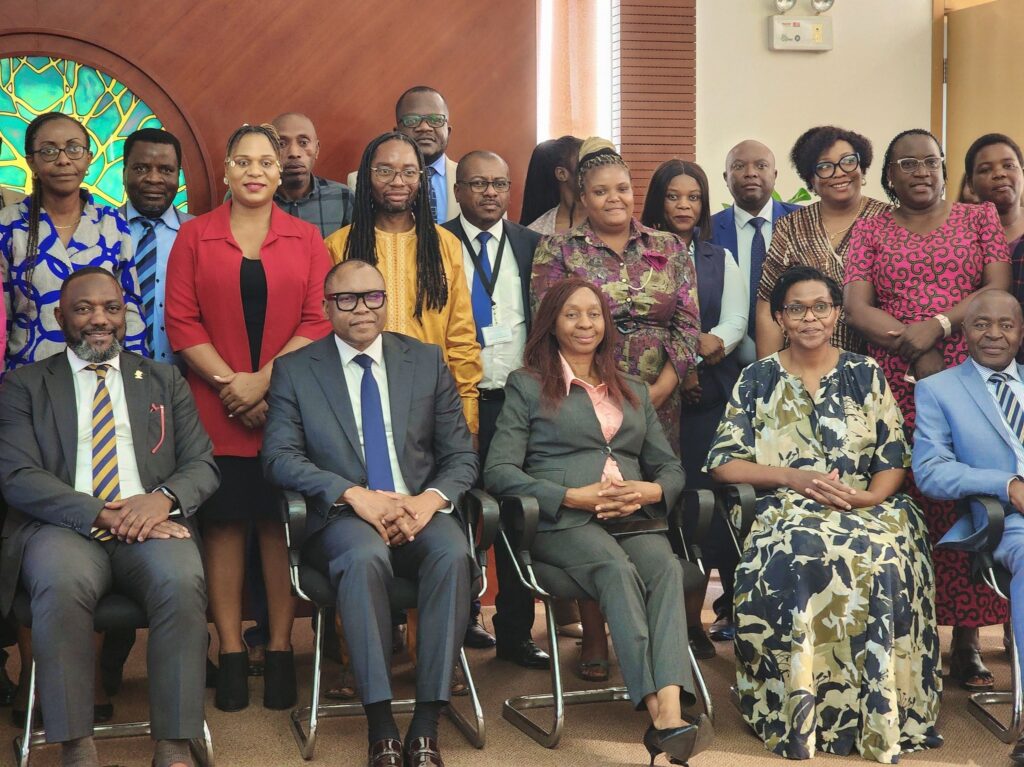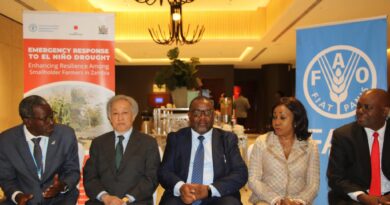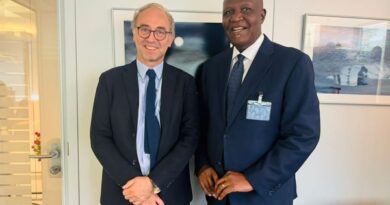Zambia Launches UNESCO 2030 Culture Indicators Implementation Programme
Zambia has officially launched the UNESCO 2030 Culture Indicators Implementation Programme, signalling a significant step in embedding culture into the nation’s development agenda. The Honourable Rodney Sikumba, MP, Minister of Tourism, opened the workshop in Lusaka, emphasising the role of culture in shaping sustainable development.
The programme is designed to integrate culture into national planning, budgeting, and policy-making through validated indicators that measure culture’s contribution to job creation, learning, social cohesion, and resilience.
Addressing attendees, Minister Sikumba said: “The UNESCO Culture 2030 Indicators provide a practical framework to make culture measurable and relevant to policy. By strengthening our capacity to collect and interpret cultural data, we will ensure that culture is no longer invisible in development choices. Measurement is not an end in itself but a gateway to better decisions, fairer resource allocation and stronger societies.”
He noted that despite culture’s proven role as a driver of sustainable development, Zambia’s limited statistical data has hampered evidence-based policy-making. The workshop aims to build national ownership and capacity in cultural monitoring, enabling the generation of reliable data for the UNESCO databank and domestic use.
Mr Claudio Bacigalupi, Head of Cooperation at the European Union Delegation to Zambia, also spoke at the event, highlighting culture’s central role in society and development: “Culture is what we are. It encompasses shared beliefs, practices, knowledge, music, dance, laws and institutions that shape our collective identity and way of life. Culture is essential for development because it provides the foundation for shared identities and values, fosters social cohesion and resilience, and drives economic progress through creativity and innovation.”
The European Union has partnered with UNESCO to implement the Culture 2030 Indicators Programme globally, with Zambia joining the 2024–2026 cycle. The initiative reflects continued EU support for cultural cooperation, innovation, and inclusive development.
The workshop brought together government ministries, national statistical offices, local authorities, civil society, cultural practitioners, and research institutions to ensure a participatory and sustainable approach.



